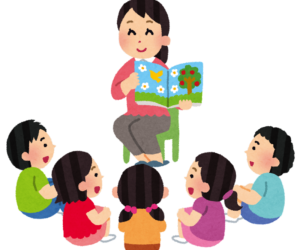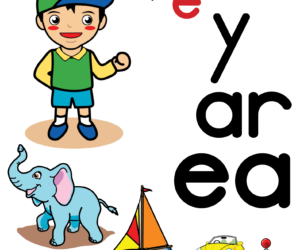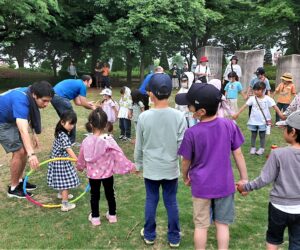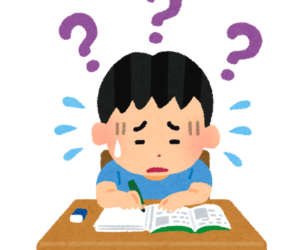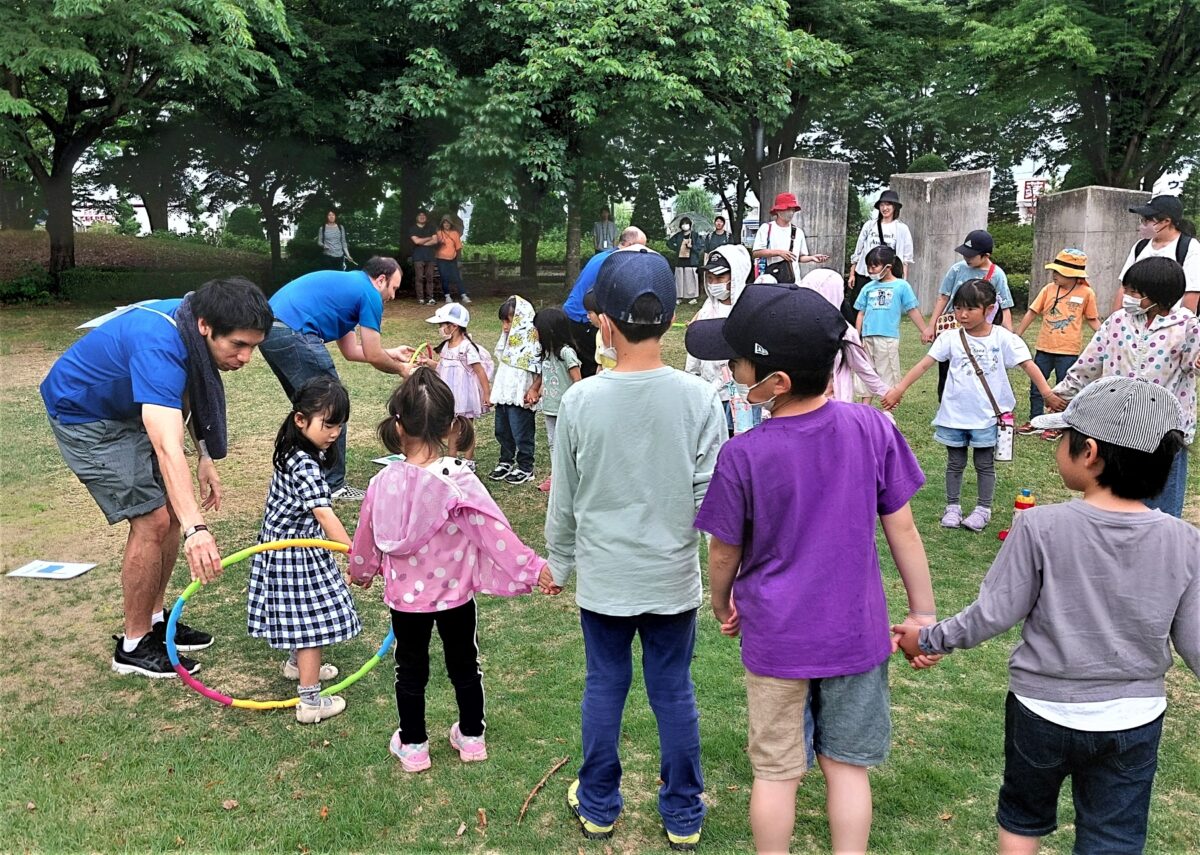And why it’s a good thing.
I know, I know, the title is inflammatory.
However, I do actually mean it. Kind of.
Let me explain what I mean when I say I am an “unhappy teacher.”
I invite you to dissect with me the situation I experienced in my kindergarten class:
After months of trying, we finally managed to play a ball game counting to 20 without dropping the ball on the carpet.
You might not think that it’s difficult at all, but it’s actually quite tricky.
Small kids want to just projectile yeet the ball, preferably hitting someone or something on the way. Ideally, from the slinging student’s perspective, it should hit the light above their heads.
In my kindergarten class, we spent approximately three months trying to count to 20. I gave them three attempts every lesson, and after three fails we put the ball away. The first couple of lessons looked more like Gotham under the rule of Bane – pure anarchy, in other words. As weeks were going by, though, the ball hit the walls and the lights fewer and fewer times, and we were getting closer and closer to the magical number of 20.
After about three months we finally managed to get to 20. I still vividly remember the students’ smug faces when they yelled out “20!” and looked at me, expecting me to lose my mind over their achievement.
My reaction didn’t match their level of expectations.
I smiled, looked at them, and said, “Wow, you finally did it. Wanna try to count to 30 then?”
And so, the ball began to roll up to 30, and since the kids knew how to play the ball game, we could count to 30 relatively quickly.
I decided not to celebrate because I didn’t want 20 to be the end of everything.
So, going back to my inflammatory statement, I was happy, truly. However, I decided not to celebrate because I didn’t want 20 to be the end of everything. Because it isn’t.
A couple of years back at MY, our yearly company theme was “Raising expectations” (still my favorite theme, BTW). To me, raising expectations comes with being “unhappy.” Being overjoyed sounds like the goal has been achieved, while the goal, let’s be honest, can never be achieved. Not with language learning.
To be clear, I do not completely ignore my students’ successes. I praise them, but only after they truly struggled and achieved something. Even then, I only praise them slightly, encouraging them to be proud of themselves first. My praise is scarce. It is, as Pushkin said, “a fleeting vision, the quintessence, of all that’s beautiful and rare.” By making my praise rare, I make it sound genuine because my students know that it only comes if they went above and beyond and did something extraordinary. At the end of the day, “Whiplash” taught us that “there are no two words in the English language more harmful than ‘good job’”.
Praise is something that must be earned, not taken for granted.
When I think about who I am, I often describe myself as a self-taught optimist who’s fundamentally a pessimist. I often feel unhappy, even though I don’t know why. I could have tried to go against my nature and play up a character that’s not me. However, I made the choice that I will use my personality trait for good, maintaining the value of praise as something that must be earned, not taken for granted.


